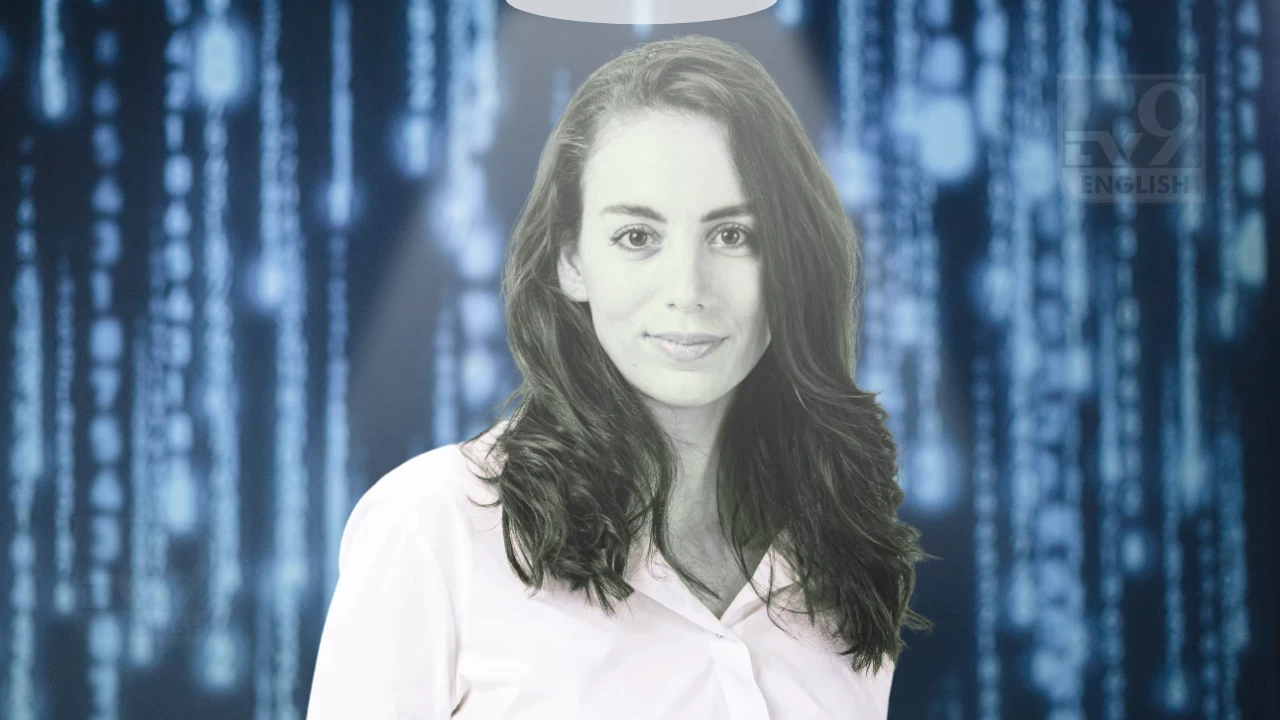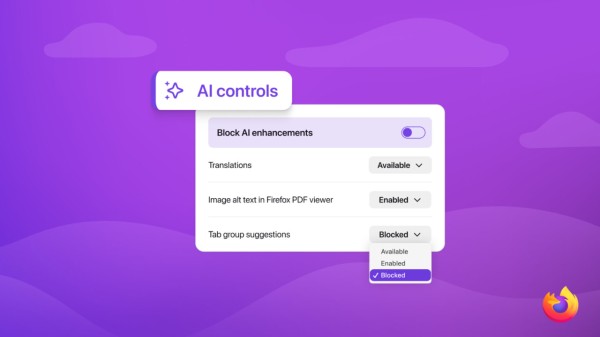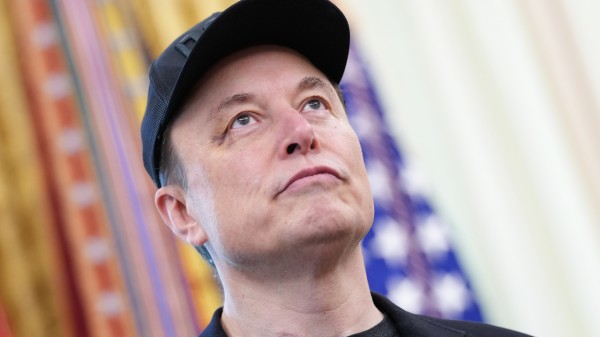

By signing in or creating an account, you agree with Associated Broadcasting Company's Terms & Conditions and Privacy Policy.


By signing in or creating an account, you agree with Associated Broadcasting Company's Terms & Conditions and Privacy Policy.

New Delhi: Mira Murati, the former OpenAI CTO, is making headlines once again. This time, not for building the technology behind ChatGPT, but for turning down a massive $1 billion offer from Meta CEO Mark Zuckerberg. The 36-year-old founder of Thinking Machines Lab has quickly become one of the most talked-about names in artificial intelligence, and her latest move only adds to the buzz.
As reported by Wired, Murati and her team at Thinking Machines Lab rejected Meta's aggressive recruitment attempt, where some members were offered compensation packages between $200 million and $1 billion over multiple years to join its new Superintelligence Lab. Not one person said yes.
Before starting her own company, Mira Murati worked as Chief Technology Officer at OpenAI. She played a key role in leading the teams behind ChatGPT, Codex, and DALL·E. These tools went on to change how people use AI, and are now part of everyday conversations, classrooms, and workspaces. Her role wasn't just about code, though. She was involved in strategy, policy, and big-picture decisions.
People inside OpenAI called her the "AI brain" of the company. She led with calm focus and helped teams push through high-stress periods of experimentation and deployment. Her public statements on AI safety and ethics got attention from governments and global institutions. At the World Economic Forum earlier this year, she said, “AI without values is intelligence without conscience.”
She also advised the European Commission on AI policy, something very few startup founders have done. Her combination of technical expertise and sharp social awareness sets her apart in the fast-growing AI world.
Murati launched Thinking Machines Lab in early 2025. The company hasn’t released any products yet but has already raised close to $2 billion in funding at a valuation of around $12 billion. Big names like Andreessen Horowitz are backing the startup.
According to insiders, the company wants to build AI tools that are easy to understand, transparent, and open for people to customise. Their approach is to avoid black-box models and focus on systems that users can actually control and tweak. The company has been operating in stealth mode, which has only added more curiosity around it.
Wired reported that Meta made big offers to several members of Thinking Machines Lab. The aim was to bring them into Meta's new Superintelligence Lab. Mira Murati confirmed to Wired, “So far at Thinking Machines Lab, not a single person has taken the offer.”
However, Meta's communications director Andy Stone told Wired that, “We made offers only to a handful of people at TML and while there was one sizeable offer, the details are off.” He added, “At the end of the day, this all begs the question who is spinning this narrative and why.”
Despite the big money on the table, Murati's team chose to stay. According to people close to the matter, they believe their startup equity could be worth even more. But more than the money, the team reportedly values the independence and the freedom to shape AI in a way that reflects their own values.
The refusal to join Meta has only raised expectations from Thinking Machines Lab. Everyone wants to know what they’re building. With Murati leading the charge, the AI community is keeping a close watch.
She has already been featured in Time’s 100 Most Influential People in AI (2024) and Fortune’s 100 Most Powerful Women in Business (2023). But this latest story shows that her influence is growing not just because of what she’s built, but because of what she’s choosing not to do.












